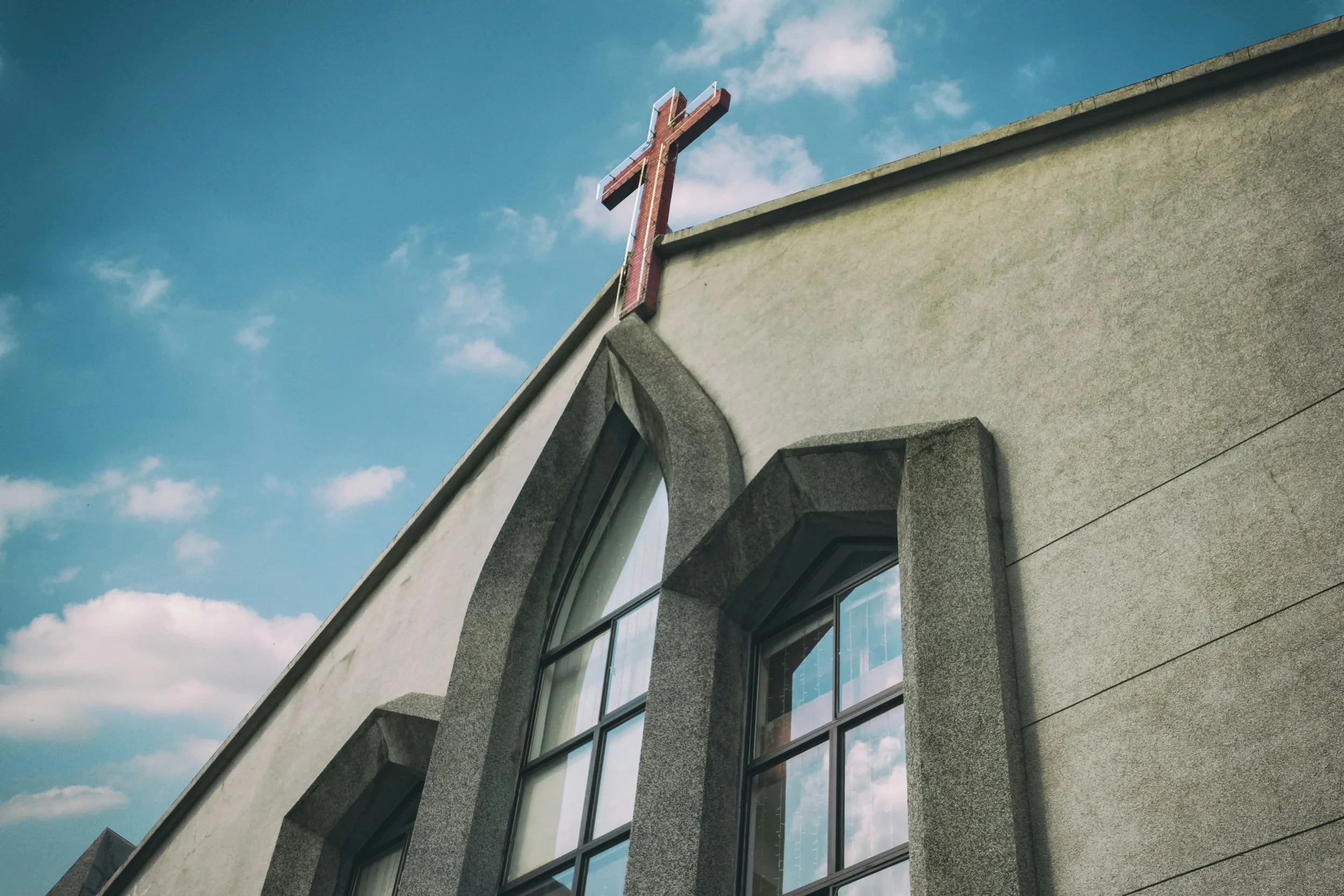Understanding the Role of the Church Board
Launching a new church is a journey filled with spiritual vision and practical challenges. The most critical step is forming a board that provides governance, accountability, and strategic oversight. An effective board not only supports the pastor but also ensures the church operates with integrity and purpose, while not getting bogged down in the day-to-day operations.
Fiduciary Responsibilities of the Board
Board members hold legal, fiduciary duties to the church, including:
Duty of Care: Making informed decisions in the church’s best interest.
Duty of Loyalty: Prioritizing the church’s interests above personal or external interests.
Duty of Obedience: Ensuring the church adheres to its mission and complies with applicable laws and regulations.
These responsibilities are foundational to maintaining trust within the congregation and the broader community.
The Board’s Role in Purpose, Core Values, and Significant Endeavors
As part of the board’s duties of care and obedience, its role includes working with the pastor to establish the church’s:
Mission
Core values
Significant endeavors
The pastor then works with staff and volunteers to develop and implement strategies that fulfill the mission, align with the values, and pursue the church’s key initiatives.
Selecting Effective Board Members
In the early stages of a church plant, founders must decide whether to appoint internal or external board members, or a combination of both.
Internal Members
Internal members are actively involved in the church and bring:
Deep understanding of the church’s vision and daily operations
Commitment that can drive the mission forward
However, their closeness to day-to-day activities may lead to conflicts of interest or challenges in maintaining objectivity.
External Members—Pastors or Professionals outside of the Congregation
Objectivity and unbiased oversight
Broader experiences and perspectives
Governance free from the influence of daily church operations
Their independent perspective can be especially valuable in a church’s formative years.
A Balanced Board
Some church plants create a balanced board that combines internal passion and external perspective. Whichever approach is selected should be clearly stated in the church’s bylaws.
The Importance of Ongoing Board Training
Initial and ongoing board training is essential to keep the board aligned with its responsibilities and focused on strategic governance, not operations.
Through Church Launch, Reynolds Law Group, PLLC provides customizable governance policies and tools tailored to each church’s unique structure. We take the guesswork out of setting up and maintaining strong board leadership.

